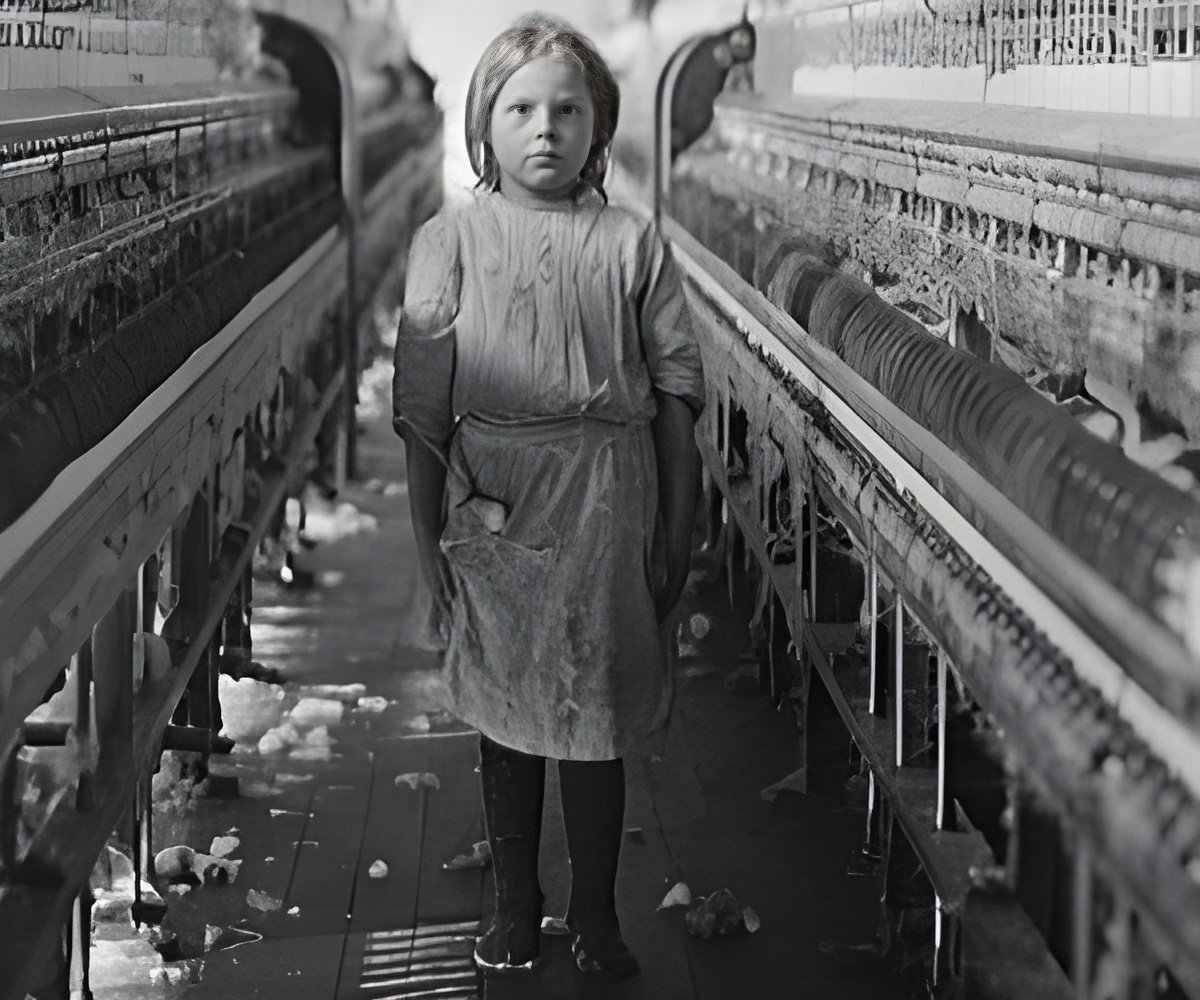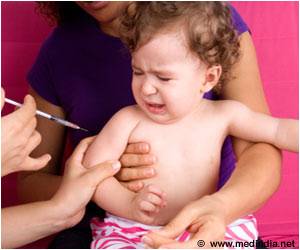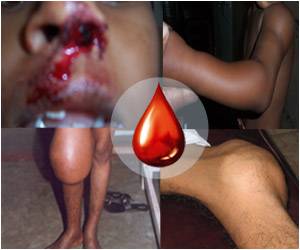
But as she trudges between fields of millet to make home calls, Zahadi is part of a major bid to improve health care.
"Prenatal consultations, checking on newborn babies and family planning: I brave every danger to make my way round 17 villages on foot," says the nurse in her 30s, who has lived for five years in the remote village of Dan-Mazadou in southeastern Niger.
"She runs the risk of being attacked by thugs and bitten by snakes, but that doesn't discourage her," says Halidou Moussa, a resident of the village of ochre clay houses and huts with straw roofs.
When AFP joined her, Zahadi paid a first visit to Mariam, who has a two-month-old baby. "She comes all the way to us for a consultation and it's good for our health," the young mother says, inviting visitors to sit on a mat on the floor.
"If the woman has given birth normally, without problems, we still visit her at home to check the health of the child, and to teach her about exclusive breastfeeding, dietary supplements, bodily hygiene and food safety," the nurse explains.
Advertisement
93,000 Lives Saved Each Year
At Karin-Kouroum, a nearby village, vaccination day has arrived. Wearing a blue and white veil over her head, Hadjara Ibrahim elbows her way forward through a crowd. At just 21, she already has five children.
"Vaccinations are very important because they reduce the mortality of our children by immunising them against all sorts of illnesses whose origins we don't know, like diarrhoea, vomiting, pneumonia -- illnesses that too often kill our children," Ibrahim says.
Advertisement
In 1990, the infant mortality rate was 326 per 1,000 live births -- "the highest in the world," says UNICEF's Chetima Moustapha -- but this figure has fallen almost threefold in the past 25 years.
Between 2000 and 2007, the lives of 93,000 children under five were saved each year.
"This is the fruit of a relentless campaign against the killer diseases among children," including "malaria, diarrhoea and pneumonia," explains Mintou Moctar, a midwife from Safo, another village in Maradi.
"The keys to success" lie in vaccination, free and systematic treatment of malnutrition, the use of mosquito nets, delousing and vitamin A supplements, according to Moustapha, who works for UNICEF locally.
Free Treatment for Children
To ensure that vital care is available in areas that are hard to reach, the authorities have built some 2,500 health centres.
"A single centre can offer free treatment for 600 children," a hospital source told AFP.
Cases of malaria and severe diarrhoea have clearly diminished since 2014 and "serious pneumonia cases have pretty much disappeared", says Mamane Sani Issoufou, a health worker from Gabi, another isolated place in the district.
"These good results are also due to the attitude of the authorities, who decreed free treatment for children in 2006," points out Harouna Maidabo, district administrator in Madarounfa, about 15 kilometres (nine miles) from the town of Maradi.
Before the government decision, "the attendance rate at our health centres was 19.5 percent, but it was 74.93 percent in 2014," Maidabo adds.
Seated on a bench with a baby at her breast, young mother Zeinab has readily walked the four kilometres from her home to Safo, to the delight of nurse Salamatou.
"Aware of the deadly risks run by their babies and encouraged by free treatment, more and more mothers are coming to us," she says.
Source-AFP










